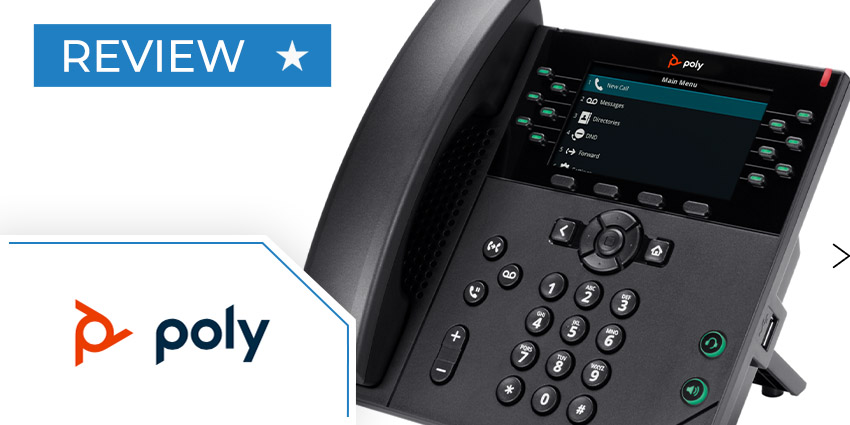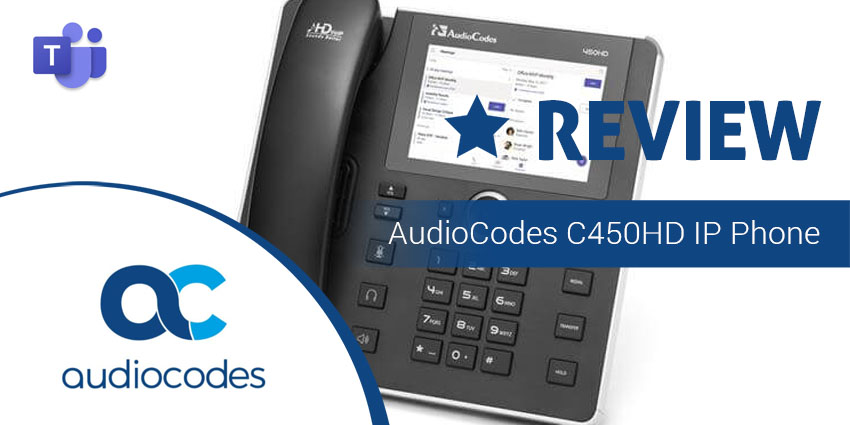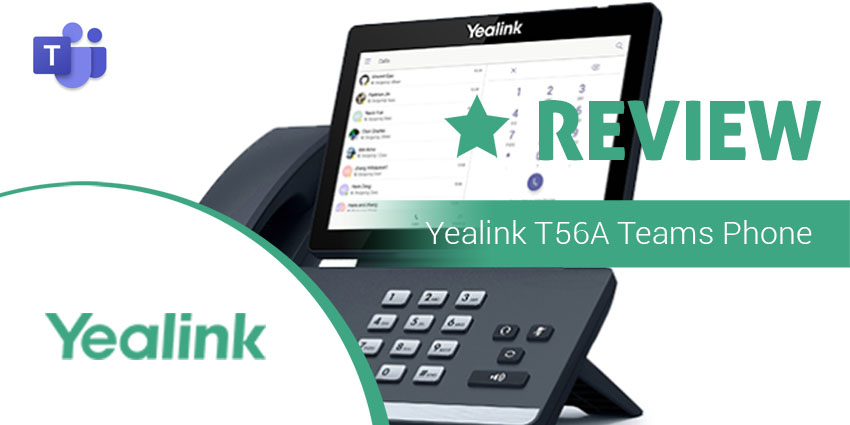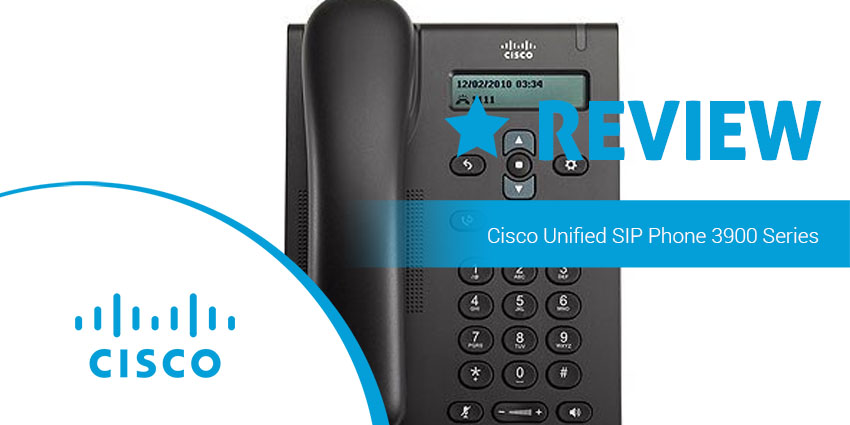The VoIP phone market is something that’s evolved and transformed over the years. Though it often represents an essential part of any company’s UC strategy, the concept of what makes the perfect VoIP Phone has been subject to changing trends and digital transformation (DX) – just like anything else in the current industry.
Unfortunately, the adaptive nature of the VoIP phone means that it be difficult for any company or end-user to decide which software applications and communication devices they need to help their workplace thrive. Whether you need help choosing physical phones for your office environment, or you’re considering the options of softphones and mobile clients, there are plenty of issues to think about.
View a complete list of our latest VoIP Phone Reviews here
Protecting your VoIP Phone Investment
Today, the overwhelming popularity of the SIP standard means that the IP-PBX of the modern day has evolved into a SIP-based PBX or cloud phone system for many companies. This is relatively good news from a business perspective because it means you’re no longer locked into a custom brand or phone type. Instead, if your phones support the SIP standard, your investment remains protected.
Read our quick guide to Open SIP versus Proprietary IP Phones
A few years ago, various experts began to predict the rapidly-approaching end of the PSTN network. While some organisations stay firmly rooted on this platform, many have already made the move to a global SIP solution instead, leaving the old-fashioned standard firmly in the past. If you haven’t already made the change, now might be the time to transform your VoIP phone strategy.
Choosing the Best VoIP Phone
Like any other business tool or emerging technology for the growing enterprise, there’s no one-size-fits-all solution for the ideal VoIP phone. If you want to tap into the potential of some of the most feature-rich and intuitive technology on the market, then you need to begin by asking yourself what you really need out of an VoIP investment.
For example:
- How many people will be using your VoIP phones, and where will they be using them? Are you looking for a solution for your contact centre, or do you need something to keep your mobile workers connected?
- What functionality and features do your VoIP phones need? Most people want at least the standard features of call transfer, call waiting, and so on in an VoIP phone, but you may need extra options too, like auto attendants or automatic call forwarding.
- How often will your VoIP phones be used? If your colleagues will be spending all day every day using an VoIP phone, then they probably need a higher quality than those who barely deal with voice calls. Quality counts when it comes to ensuring clarity and performance.







